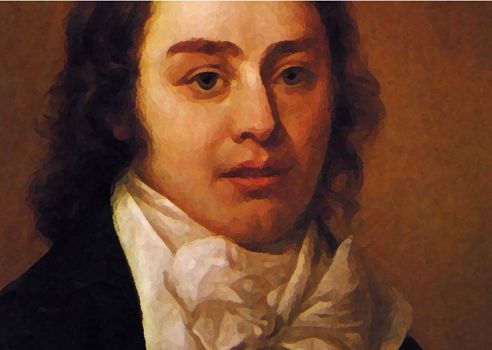Reading time: Less than 1 minute
Increase your vocabulary and you’ll make your writing much more precise. That’s why I provide a word of the week. Today’s word: clerisy…
I regularly read the New York Times but, as a Canadian, don’t have the time for many other American newspapers, excellent though they may be. Thus, today’s word of the week — which comes from the Washington Post — arrived on my desk thanks to the efforts of my friend and colleague Yehudit Reishtein.
Based in Israel but recently travelling in the US, she came across a George Will column headlined, “Oregon is suing engineers for . . . speaking up about engineering?” In it, she found the word of the week, clerisy. Here is how George Will used it:
Only those the board licenses are admitted to the clerisy uniquely entitled to publicly discuss engineering.
I was unfamiliar with the word, although I knew I’d heard it before. Turns out it means a distinct class of learned or literary people. (I believe the easier to understand synonym might be “intellectual.”) But the etymology of the term is fascinating.
Coined by English poet Samuel Taylor Coleridge (1772-1834) — pictured above — the noun reflected his belief in the value of a secular organization of learned people, “whether poets, or philosophers, or scholars” to share knowledge. Coleridge named this hypothetical group the clerisy, a term he adapted from Klerisei, a German word for clergy. Coleridge likely linked clerisy with an old sense of clergy meaning “learning” or “knowledge,” rather than associating it with any religious overtones.

